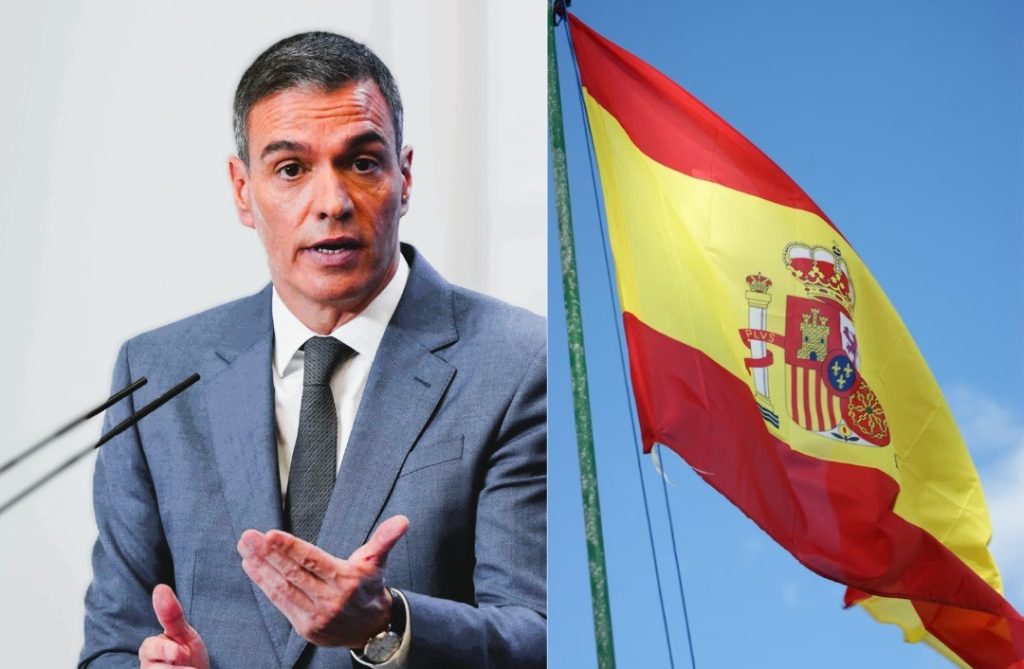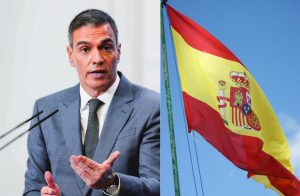Spain Charts a New Course in African Migration Policy
3 min read
Shifting Away from the Western Trend
Spain is taking a radically different approach to African migration, setting itself apart from the dominant political mood in Western nations. While the US, the UK, France, and Germany are scaling back their development aid budgets, Madrid is increasing its engagement with Africa, despite starting from a smaller base. This week, the Spanish capital hosted AfroMadrid2025, a major African Union backed event centered on restorative justice and the creation of a new development fund.
Building Long-Term Partnerships
The government of Pedro Sánchez has set out to deepen and diversify its ties with the African continent. Spain’s foreign minister José Manuel Albares launched a new advisory council last July, made up of intellectuals, diplomats, and cultural figures—more than half of them African. Their task is to monitor the delivery of Madrid’s detailed Spain-Africa strategy, which was published at the end of last year. Plans include opening new embassies south of the Sahara and fostering partnerships in education and business.
Migration Policy with a Different Tone
Spain’s policy on migration is not just about controlling irregular arrivals but also about addressing the root causes that drive people to migrate. While security measures remain in place such as those used to manage irregular arrivals in the Canary Islands and across the Straits of Gibraltar the language Madrid uses is markedly more empathetic than that of many other European capitals. The Spanish government openly acknowledges the economic hardships in West Africa that push people to make dangerous journeys.
Circular Migration Programmes
Spain has implemented creative migration solutions such as “circular migration” programs. These initiatives grant West Africans short-term visas for seasonal work, mainly in agriculture, after which they return home. This policy has been expanded to include countries like Senegal, The Gambia, and Mauritania. This system offers mutual benefits—providing labor to Spain’s economy while supporting development in African countries.
Training and Reintegration
Beyond visas, Spain funds training schemes for unemployed youth in countries like Senegal, particularly targeting irregular migrants who have been returned. By helping them acquire skills, Madrid aims to create alternative livelihoods that reduce the pressure to migrate again. This strategy also aligns with Spain’s development cooperation plan for 2024–2027, which prioritizes West Africa, including the Sahel, alongside Latin America.
Political and Social Challenges at Home
The rise of far-right politics, led by Vox, has increased domestic pressure on migration policies. Vox has capitalized on incidents like the Torre Pacheco unrest in Murcia, where migrants were blamed for violence, to call for crackdowns on African workers. This mirrors tensions seen elsewhere in Europe. However, despite this pressure, the Sanchez government maintains its development-focused approach.
Security and Diplomatic Cooperation

Spain’s Africa strategy also emphasizes shared security concerns, climate action, women’s empowerment, and education. Madrid is expanding its diplomatic presence across the continent and prioritizing cooperation with regional bodies such as Economic Community of West African States (ECOWAS). This is particularly significant amid regional instability caused by coups in Mali, Burkina Faso, and Niger.
Addressing Racism and Supporting Diaspora
Madrid is also targeting its domestic audience, promising to support the African diaspora and combat racism and xenophobia. This signals a more inclusive view of migration not just as a border security issue, but as a social, cultural, and economic opportunity.
Omega Tv UK celebrates ONE YEAR ANNIVERSARY, we wish to thank all our viewers for helping us reach this milestone.
Happy 1st anniversary to Omega TV UK!.
Historical Reorientation
Spain’s focus on Africa marks a departure from its historical foreign policy. Unlike France or the UK, its colonial ventures were limited in Africa, focusing mostly on Latin America. For decades, its diplomatic energy was directed toward Europe, the Middle East, and its former colonies in the Americas. But since 2021, Madrid has fundamentally broadened its outlook to include Africa as a strategic priority.
A Pragmatic and Human Approach
By treating migration as both a moral and practical issue, Spain is positioning itself as a partner rather than an enforcer. As Prime Minister Sánchez stated during a visit to Mauritania, “The migratory phenomenon is not only a question of moral principles, solidarity and dignity, but also one of rationality.” In an increasingly closed global environment, Spain’s strategy stands out for its cooperative spirit and long-term vision.






